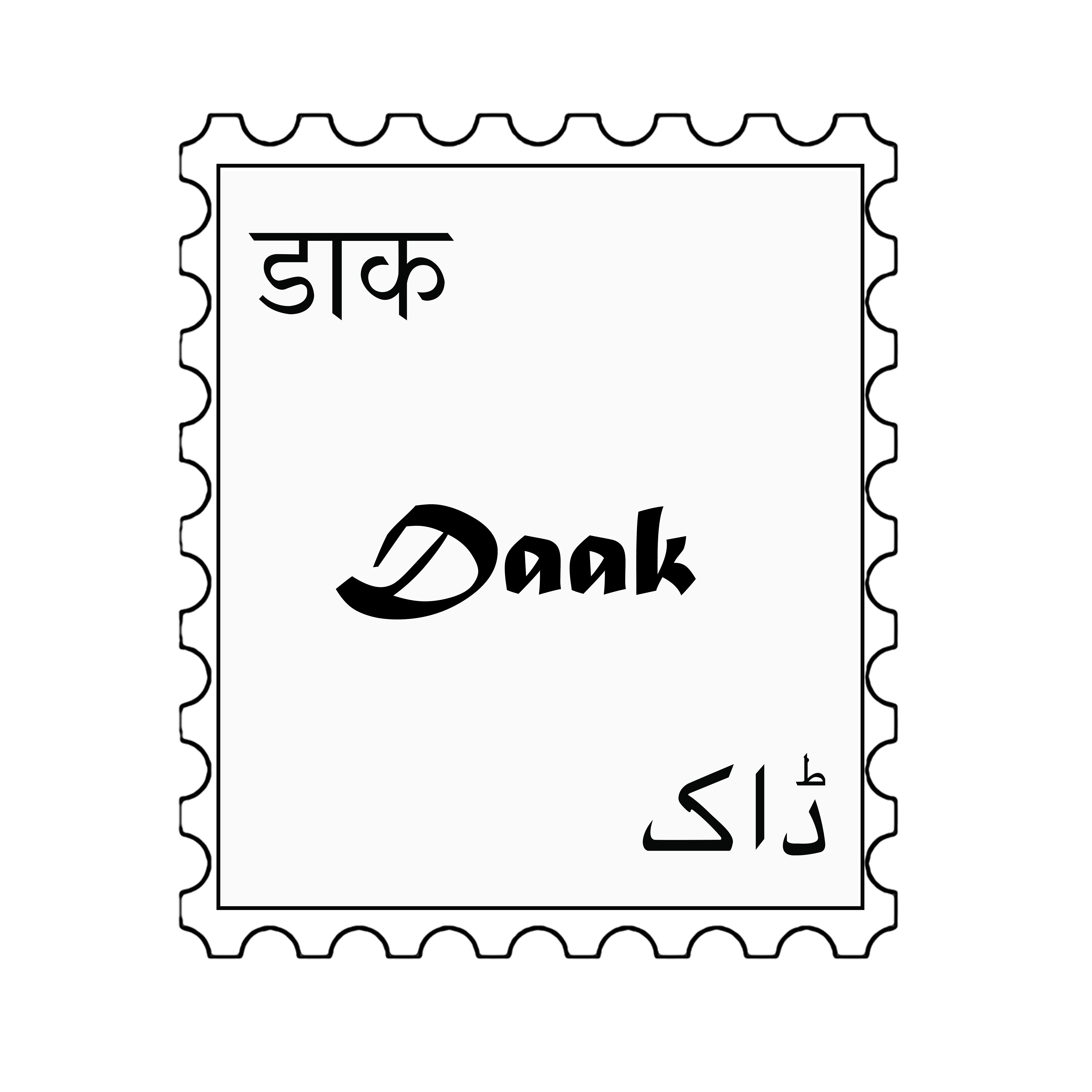
We Ought to Have Met: Unrequited, Untimely Love in Parveen Shakir’s Verse
On her sixty-seventh birth anniversary last week, a Google Doodle commemorated Pakistani poet Parveen Shakir. Born in post-independence Bihar, Shakir grew to be a tradition defying poet—one who did not shy away from expressing her emotions and feelings as a young woman. Many who write about her mention that she was arguably the first female poet to use the word ‘larki’ or ‘girl’ in her work, changing the discourse from a traditionally male speech register and syntax in Urdu poetry.
Shakir was read widely by women across the subcontinent who resonated with her, hearing for once their own experiences in verse. In a twist of fate, she died an untimely death, of which legend says she was forewarned by a palmist.
Parveen Shakir’s poetry is not lofty or imbued with overtly political metaphors. Her expression is relatable and there is great beauty in her metaphors of the mundane. Many of her verses ponder on the simpler emotions and feelings in our day to day. As a poet who wrote primarily romantic poetry, her oeuvre is described well in this couplet:
Chalne ka haulsa nahi rukna muhaal kar diya
Ishq ke iss safar ne toh mujhko nidhaal kar diyaNo strength left to walk, stopping is impossible
The journey of love has left me lifeless.(Translation by Rana Safvi)
She wrote primarily in ghazal and in free verse poems, one of each, we have picked here for you to read. In both, she gives voice to dreams of romance and expresses the pain of unrequited, untimely love:
ku-ba-ku phail gai baat shanasai ki
us ne ḳhushbu ki tarah meri pazirai kikaise kah duun ki mujhe chhod diya hai us ne
baat to sach hai magar baat hai rusvai kivo kahin bhi gaya lauta to mire paas aaya
bas yah baat hai achchhi mire harjai kitera pahlu tire dil ki tarah abad rahe
tujh pe guzre na qayāmat shab-e-tanhai kius ne jalti hui peshani pe jab haath rakha
ruuh tak aa gai tasir masihai kiab bhi barsat ki raton men badan tut ta hai
jaag uthi hain ajab khwahishen angdaai ki
The news of our affinity has spread to every door
He welcomed me like fragrance which he did adoreHow can I say that I have been deserted by my beau
Its true but this will cause me to be shamed for evermoreEach time he deserted me, came back to me once more
I like this very aspect of my faithless paramourJust as your heart is full of love, be dear ones by your side
May pain of long and lonely nights be never in your storeWhen he gently placed his hand upon my burning brow
It was as though the saviour’s touch had infused my coreTill even now in rainy climes, my limbs are aching, sore
The yearn to stretch out languidly then comes to the fore(Translation by Rekhta)
Hume Chahiye Tha Milnayeh haseen shaam apni
abhi jis mein ghul rahi hai,
teri pairahan ki khushbu
abhi jis mein khil rahe hain
mere khwab ke shagoofey
zara dair ka hai manzarzara dair me ufaq pe
khilega koi sitara
teri simt dekh kar wo
karega koi ishara
tere dil ko aayega phir
kisi yaad ka bulawa
koi qissa-e-judaai
koi kaar-e-na-mukammal
koi khwaab-e-naashagufta
koi baat kehne wali
kisi aur aadmi se
hamein chahiye tha milna
kisiehd-e-meherbaan mein
kisi khwab ke yaqeen mein
kisi aur aasmaan parWe ought to have met
A melting twilight,
the world in its entirety dissolves.
The scent of you,
the blossoming
populations of dreams.
All dissolves.. … a vision deferred.In a while,
a star shall emerge on the horizon,
to gaze at you,
replete with meaning,
[And] your heart shall then reminisce,
there shall be an echo of a memory,
the tale of a separation,
of an unfinished moment,
of dreams unborn,
thoughts unsaid.We ought to have met,
in another time,
in pursuit of attainable dreams,
below a different sky,
upon a different earth,
We ought to have met then, there.(Translation by Raza Rumi)
You can listen to this poem here
And a recitation of her reciting poetry live, here

Leave a Reply